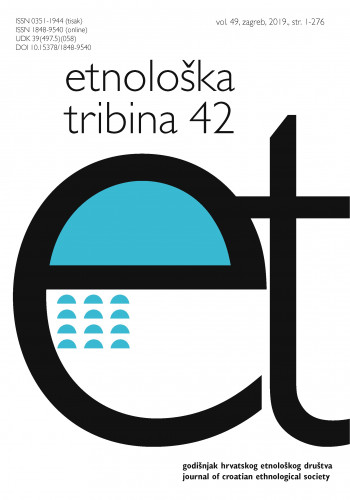Rad propituje primjenjivost koncepta i pojma prekarnost kao označitelja koji se odnosi na posljedice restrukturiranja rada i radnih uvjeta pod diktatom neoliberalnog režima. U uvjetima intenzivirane globalne kompetitivnosti čitavo radno aktivno stanovništvo biva podvrgnuto pritiscima prilagodbe tržištu. Kratkoročni i nestabilni radni ugovori postali su tipična pojavnost postindustrijskog društva, a poimanje vremena kao resursa poprimilo je drukčiju dimenziju. Hegemonija satnog vremena slomila se zbog zahtjeva za stalnom otvorenošću globalnom tržištu te imperativa permanentnog stanja pripravnosti, uključenosti i prilagodljivosti. Preplitanja kulturno-povijesnih mikroperspektiva i socio-ekonomskih makroperspektiva ukazuju na različite tendencije menadžmenta u kvantifikaciji radnog vremena, što otvara i problemsku perspektivu prekarnosti, odnosno ekonomske nesigurnosti. U tom kontekstu nakratko se analizira i primjer Hrvatske.; This article examines the applicability of the concept and term precarity as a signifier delineating the effects of the restructuring of work and working conditions determined by neoliberal regimes. In terms of intensified global competitiveness, the total working population is being subjected to the pressures of market regulation. Short-term and unstable working contracts have become a typical occurrence in post-industrial society, whereas the notion of time as a resource has gained an entirely different dimension. The hegemony of clock time has declined due to the requirement to be permanently open to the global market and its imperatives of being constantly on standby, available and flexible. The interweaving of the cultural-historical micro-perspective and socio-economic macro-perspective point to the various tendencies of management and the quantification of working time, bringing up the problematic of the precarity trap and economic insecurity. In this context, the example of Croatia is briefly analysed.
Sažetak

 Etnološka tribina : 49,42(2019) / glavna urednica Petra Kelemen.
Etnološka tribina : 49,42(2019) / glavna urednica Petra Kelemen.